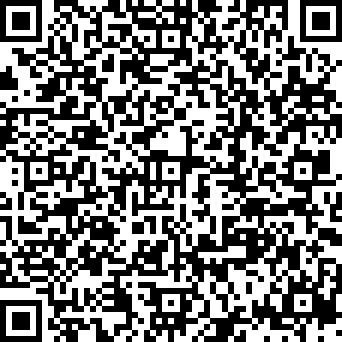
1.or引导的从句不能位于它所解释的动词之前:
Because it was wet he took a taxi.因为下雨,他叫了一辆出租车。(这里不能用for)
2.for引导的从句不能位于not,but或任何连词之后:
He stole,not because he wanted the money but because he liked stealing.他偷东西,并不是因为他想要钱,而是他有这种毛病。(这里不能用for)
3.for引导的从句不能用于回答问题:
—Why did you do it?你为什么这么做?
—I did it because l was angry.因为我生气才这么做的。(这里不能用for)
4.for引导的从句不能单单用来复述已讲过的话,而必须包括新的内容:
He spoke in French. She was angry because he had spoken in French.他讲法语。因为他讲法语,她生气了。(这里不能用for)
但是说:
She was angry,for she didn’t know French.她生气了,因为她不懂法语。(这里用for是正确的,也可用because)
之所以有这些用法上的限定,其理由是for引导的从句不能直接说明某一特定动作发生的原因,而只能提供一些起帮助解释作用的附加说明。例如:
The days were short,for it was now December.天短了,现在已是12月了。
He took the food eagerly,for he has eaten nothing since dawn.他狼吞虎咽地吃了起来,因为他从天亮就没吃过东西。
When I saw her in the river I was frightened. For at that point the currents were dangerous.我看见她在河里时,吓坏了。那个地方水流非常危险。
在口语中,for从句前常稍停一下。在笔语中,在此处常有一个逗号。有时也用一个句号断开,如最后一个例子所示。上面三个例句中也可用because,但用for更好些。
Because it was wet he took a taxi.因为下雨,他叫了一辆出租车。(这里不能用for)
2.for引导的从句不能位于not,but或任何连词之后:
He stole,not because he wanted the money but because he liked stealing.他偷东西,并不是因为他想要钱,而是他有这种毛病。(这里不能用for)
3.for引导的从句不能用于回答问题:
—Why did you do it?你为什么这么做?
—I did it because l was angry.因为我生气才这么做的。(这里不能用for)
4.for引导的从句不能单单用来复述已讲过的话,而必须包括新的内容:
He spoke in French. She was angry because he had spoken in French.他讲法语。因为他讲法语,她生气了。(这里不能用for)
但是说:
She was angry,for she didn’t know French.她生气了,因为她不懂法语。(这里用for是正确的,也可用because)
之所以有这些用法上的限定,其理由是for引导的从句不能直接说明某一特定动作发生的原因,而只能提供一些起帮助解释作用的附加说明。例如:
The days were short,for it was now December.天短了,现在已是12月了。
He took the food eagerly,for he has eaten nothing since dawn.他狼吞虎咽地吃了起来,因为他从天亮就没吃过东西。
When I saw her in the river I was frightened. For at that point the currents were dangerous.我看见她在河里时,吓坏了。那个地方水流非常危险。
在口语中,for从句前常稍停一下。在笔语中,在此处常有一个逗号。有时也用一个句号断开,如最后一个例子所示。上面三个例句中也可用because,但用for更好些。

